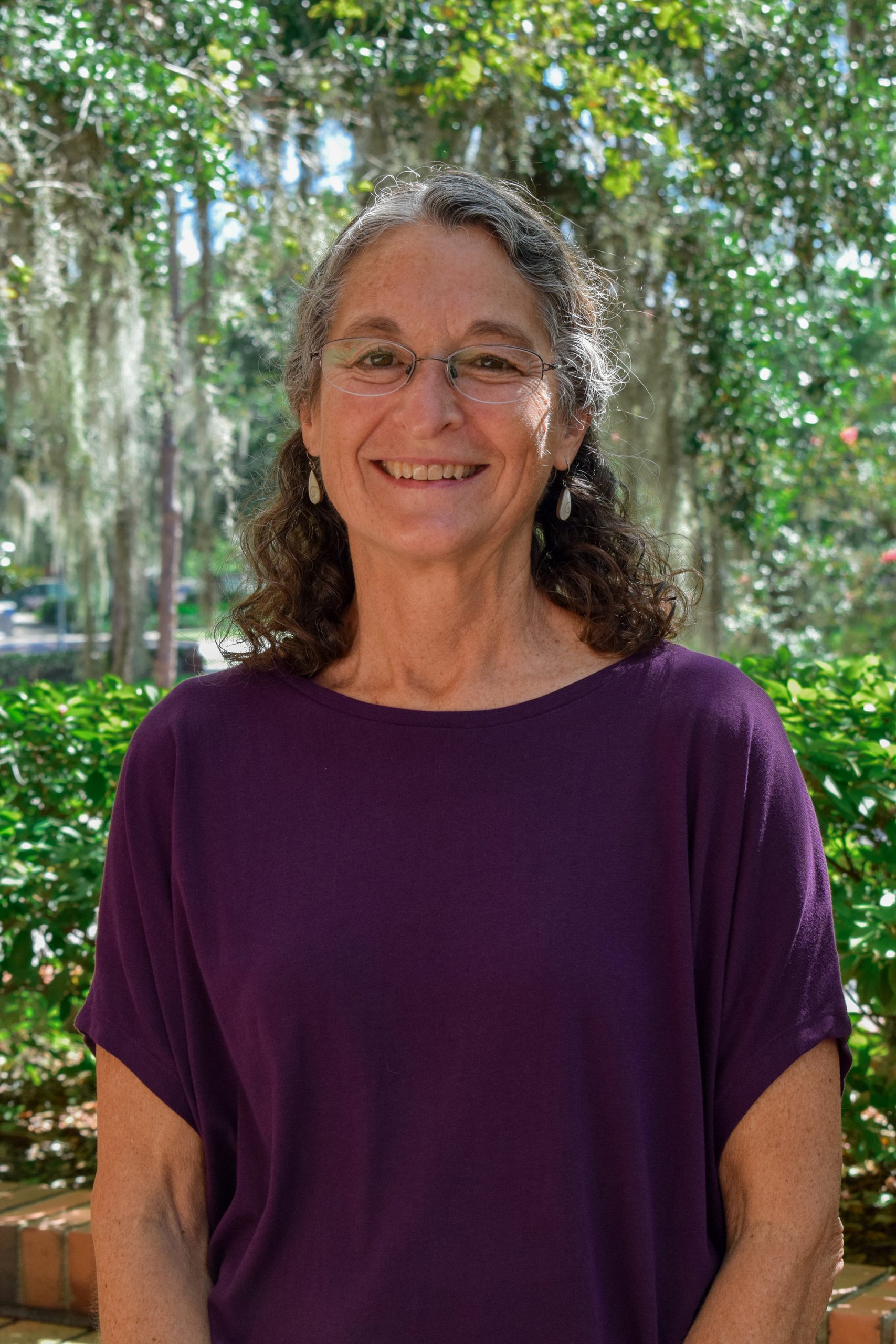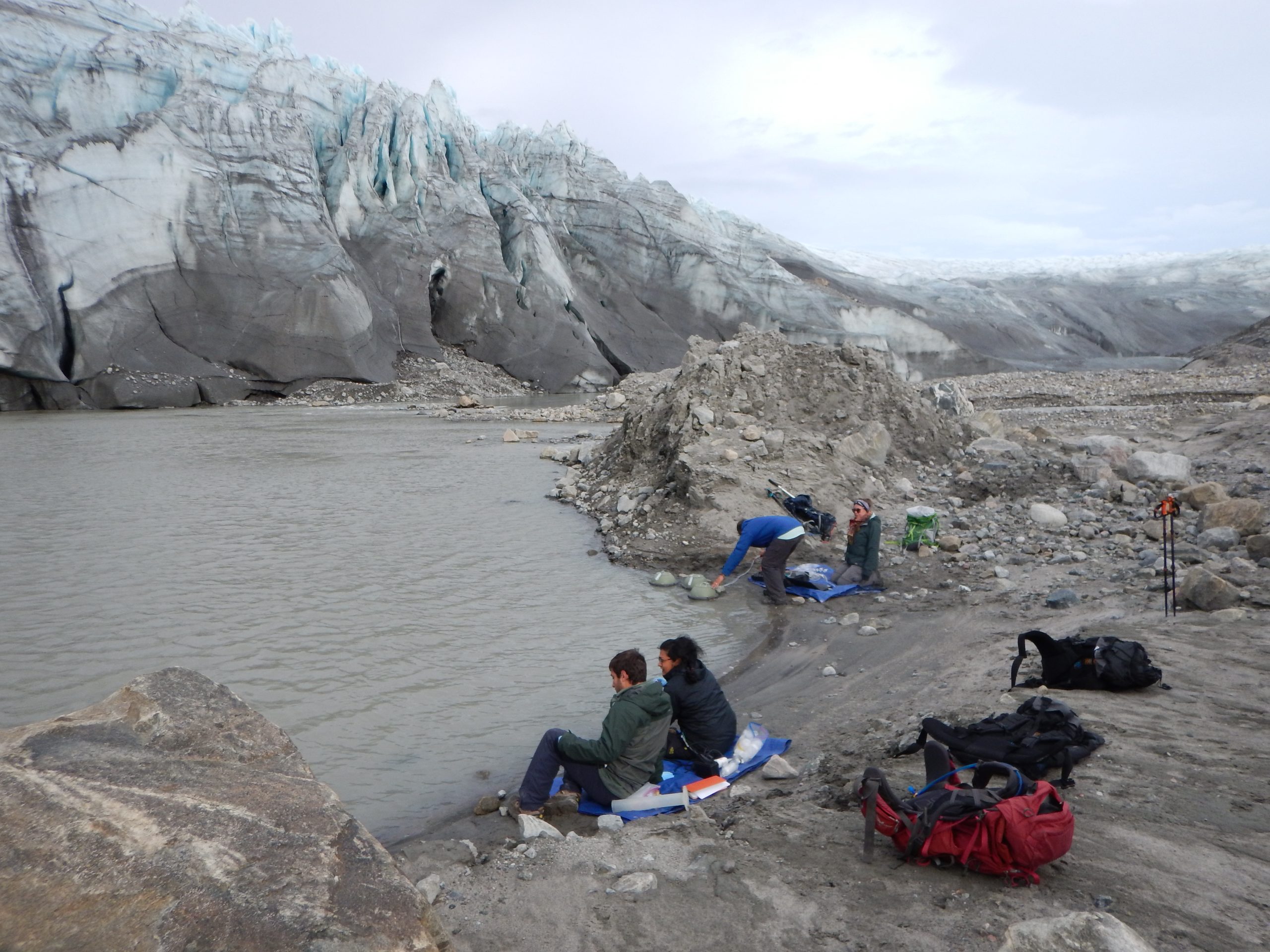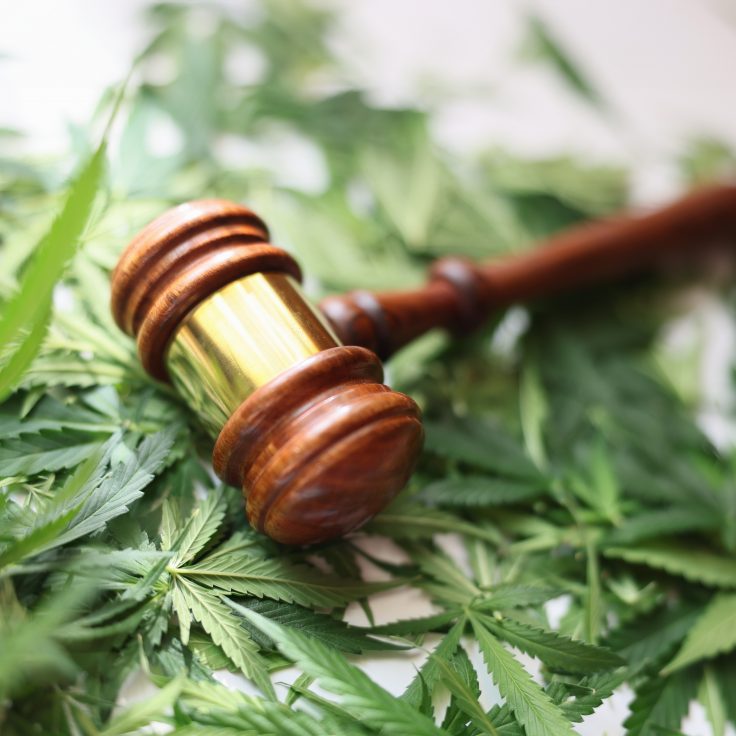
One for the Ages: 75 Years of UF Geological Sciences
Much has changed since the Department of Geological Sciences was founded in 1948, shortly after the University of Florida became coeducational. It’s been a winding road, not without its ups and downs as the department worked to cement its identity over time. Now, as the department celebrates 75 years of academic excellence, the anniversary offers an opportunity to honor the past while embracing all that lies ahead in the future.

2023 has also been a chance for alumni, faculty, and students to celebrate. A special reunion weekend in March included a social night, open house, lectures, a celebratory dinner, and after-parties. Chair of Geological Sciences and Professor of Geology ELLEN MARTIN tells all.
You all had quite the party this spring! How did it feel to celebrate 75 years?
The highlight of the anniversary weekend for me was watching old friends reconnect and witnessing the strength of friendships that formed years ago. At our welcome party, the local brew pub was buzzing with people greeting and hugging each other (a welcome sight following the isolation created by the pandemic) and sharing memories from field camp, field trips, class projects, and lab activities, including many stories about the faculty, past and present.
The department has been a collegial, welcoming place throughout my time at UF. My conversations with alumni over the anniversary weekend made it clear that the sense of collegiality has been a trademark of the department since it was established in 1948.
Why are the geological sciences critical in the climate discussion?
Many disciplines are involved in climate research, but geological sciences is the one discipline that looks at the role of the entire Earth system and provides a long-term perspective on climate variability.
The paleoclimate perspective from geological sciences provides constraints on how the system is likely to respond to future events. The climate is a complex system and our ability to determine future implications of manmade warming is limited by the accuracy of climate models. The data needed to test and validate those models comes from geological studies of how the Earth system responded to previous climate events.
How do your faculty approach this pressing challenge?
Climate change is one of the biggest problems the world is facing, and the societal impacts of this change are already visible in our state. The Florida peninsula is experiencing sea level rise, the resulting ‘sunny day’ flooding, and increased hurricane activity.

A number of our researchers are taking a novel approach to understanding the potential societal consequences of climate change by looking outside of Florida. In particular, there is a focus on the changes in the Arctic, where temperatures are rising four times faster than in Florida. The rapid changes in the Arctic allow our researchers to determine which feedback processes are likely to amplify versus diminish the impact of global climate warming.
A lot hinges on your faculty’s work. What do you see on the horizon for their research?
Geological Sciences is a small department that does a comprehensive job of covering the Earth sciences. We have researchers studying processes initiated in the Earth’s core, through the mantle, up to the Earth’s surficial crust, and even out into space to processes occurring on other planets.

Our faculty continues to address cutting-edge geological questions using empirical, observational, and/or analytical techniques. Recently, we have branched out by adding more computational approaches including AI and machine learning techniques. These tools provide new insights into old problems, complementing our more classical approaches and helping us stay at the forefront of the discipline.
What do you find most rewarding about leading this department?
Eight early career faculty have joined the department since 2018. We also have 17 senior faculty, all of whom started here prior to 2008. So, there’s a 10-year gap that creates an interesting dynamic. We try to balance rethinking old ideas and traditional policies that may have gotten a bit stale with maintaining some of the practices we feel make us a strong, successful department. The ability to listen to diverse opinions that stem from different backgrounds and experiences allows us to be creative and move forward together in a positive way.


